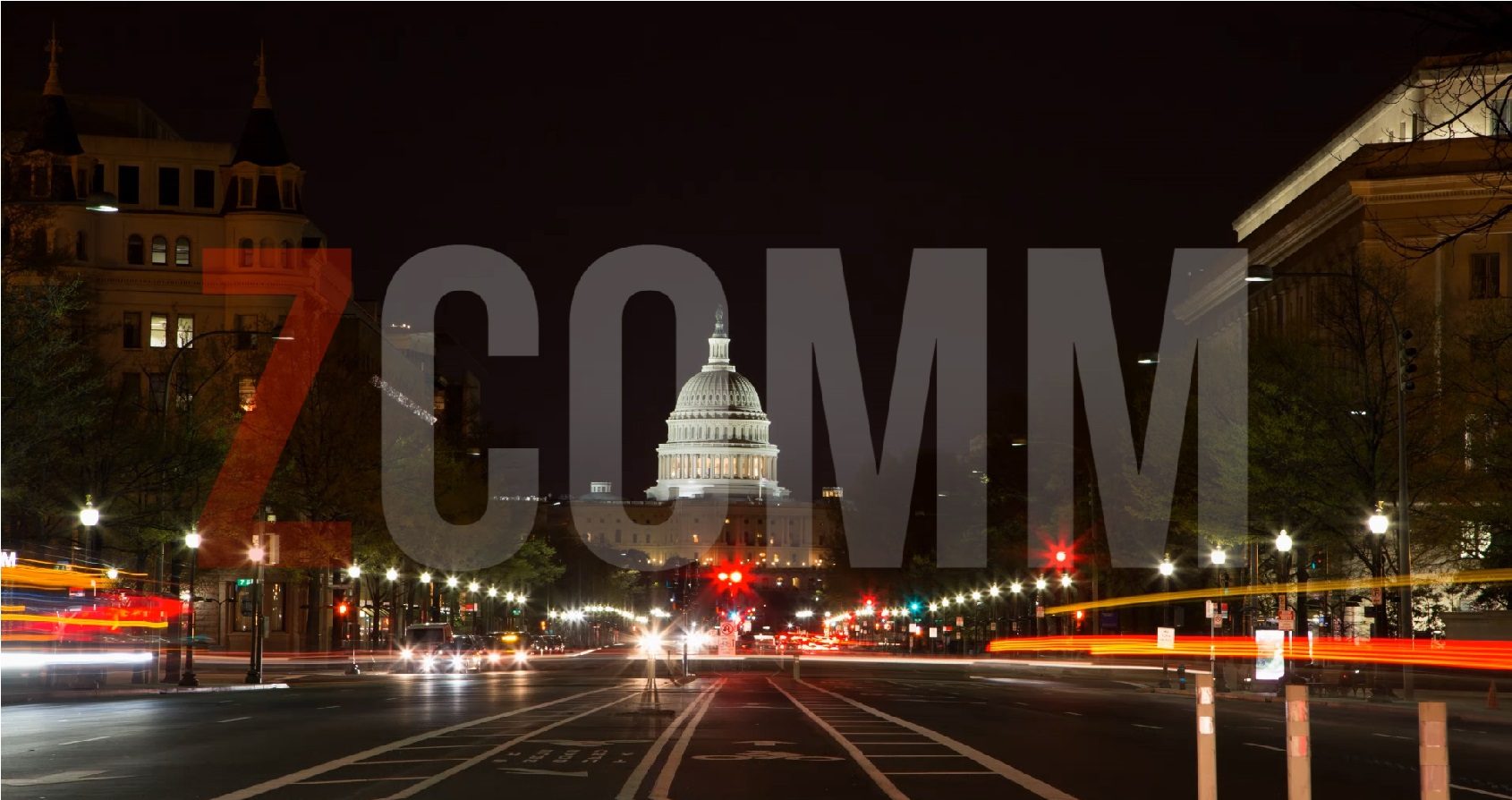 This post is part of a series written by zcomm interns. Be sure to check back each week for their take on the latest in the public relations industry. This week, Hailey discusses the 2012 Summer Olympics and the spoilers.
This post is part of a series written by zcomm interns. Be sure to check back each week for their take on the latest in the public relations industry. This week, Hailey discusses the 2012 Summer Olympics and the spoilers.
It used to be easy to avoid hearing about the ending of your favorite TV show or the result of the game you recorded but haven’t yet gotten to watch. Most of the spoilers came verbally and face-to-face. I’d prefer it to stay that way, because usually you can figure out what they’re about to say and stop them before they do. But now, information is being thrown about everywhere, and it’s essentially impossible to avoid.
The Olympics started a week and a half ago, and there has already been public criticism about the way event results are handled due to the time difference. Usually when something big happens, it’s publicized right away, not withheld until the majority of people are able to watch it.
However, with this year’s Olympics things are much different. Most of us don’t find out about the results until the taping of the event is aired during prime time television. This is exactly how NBC wants it to be, yet they’re among the biggest culprits. Last Monday NBC aired a promo for the “Today” show about Missy Franklin and her first Olympic gold medal before they aired her medal-winning 100 meter backstroke. Their poor planning spoiled the race for viewers.
In addition to the accidental television spoilers, some are also worried about what they’ll see on social media. I’ve had issues in the past with people tweeting who did and did not get a rose on the Bachelor, so I know how annoying a spoiler can be. On the other hand, I think the case with the Olympics is a bit different. The outcomes of the events are genuinely newsworthy. We don’t keep the outcome of the Super Bowl a secret because the game often ends after a lot of people like to go to bed. Why should we do it with the Olympics?
If all of the events were shown live, those who truly care about them would probably work around their sleep schedule to see them. For example, just last year more than 22 million Americans tuned into the Royal Wedding coverage, which started around 4 a.m. EST. At the same time, if events were aired at all hours of the night, people would complain about knowing the results before they’ve been given a chance to watch them. I’m sure viewership would go down as well.
Truthfully, I don’t think there is a way to deal with the time difference that will make everyone happy. My advice? If you really want to avoid hearing about the outcome of an event before you’ve seen it, stay off social media. NBC promised they will not have any more spoiler slip-ups, but it’s not like they planned to ruin the outcome of Missy Franklin’s race, so cross your fingers while watching TV. For more advice on avoiding Olympic spoilers, check out CNN’s list of tips. Good luck!

6 comments for “DON’T SPOIL MY WINNER”